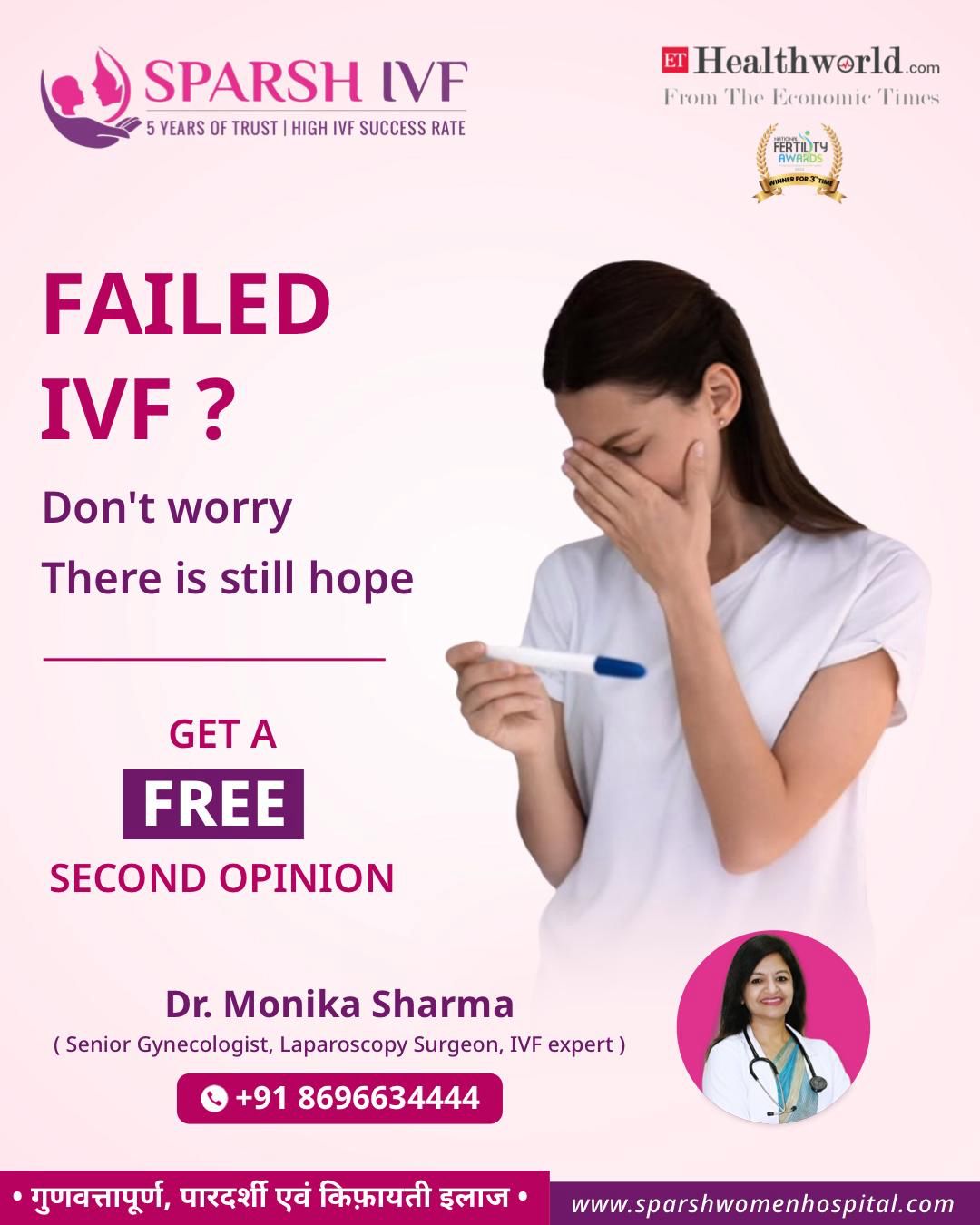What is PCOS?
PCOD (Polycystic Ovarian Disease) or PCOS (Polycystic Ovarian Syndrome) is a major ailment concerning a huge chunk of young females in India presently. PCOS strikes mostly at an early age, therefore, a substantial number of young adults go through this problem. This is a common endocrine disorder of unknown aetiology, affecting 5-10% of women of reproductive age. The average age group suffering from PCOS varies between 18 and 45 years. It is important for the youth to understand this disease at its onset, along with the causes and implications in the future.
PCOS is characterized by multiple small cysts in the ovaries. It makes the ovary enlarge and leads to excessive production of androgen and oestrogen hormones causing various bodily issues.
Polycystic Ovarian Syndrome is characterized by small cysts in the ovary where women experience reproductive, psychological and hormonal imbalance.
Polycystic ovaries contain a large number of harmless follicles that are up to 8mm (approximately 0.3in) in size. The follicles are under-developed sacs in which eggs develop. In PCOS, these sacs are often unable to release an egg, which means that ovulation doesn’t take place.
Causes of PCOS
The cause of PCOS is still unknown. However, the association of PCOS with low-grade inflammation, excess insulin, production of male hormones (Hyperandrogenism) in high quantity and genetics can be found. Also, early age of menarche, unhealthy lifestyle and pollution are some of the contributing factors of PCOS.
Symptoms of PCOS
- Irregular periods, occurring every 2 to 3 months (amenorrhea).
- Heavy bleeding (Menorrhagia).
- Unusual body and facial hair growth (hirsutism).
- Stubborn acne that refuses to heal with the usual treatments. This is due to excess peripheral androgen.
- Uncontrolled weight gain around the waist area especially.
- Pigmentation or darkening of the skin around the neck region (Acanthosis nigricans).
- Infertility.
- Male-pattern baldness.
- Headaches.
Treatment for PCOS
The proper treatment is yet to be determined for PCOS. The disease can be controlled by modifying lifestyle. The best way to control PCOS is by weight management. PCOS patients must exercise regularly and maintain a healthy lifestyle.
Rest of the treatments can be done based on the symptoms.
Rest of the treatments can be done based on the symptoms.


